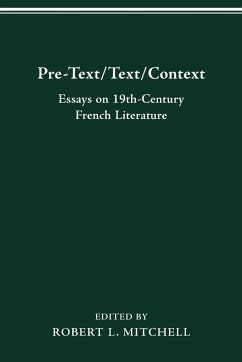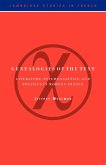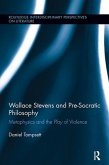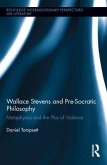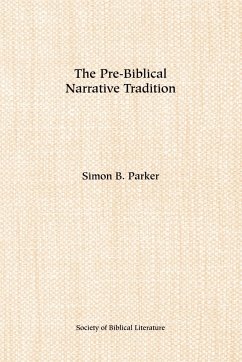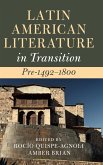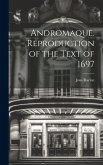The nineteenth century in France is a nightmare for literary historians. Their thirst for categorization is more easily quenched by prior centuries, to which, because they seem unified by cohesive preoccupations and common goals, such appellations as the Renaissance, the Classical Age or le grand siècle, and the Enlightenment or Age of Ideas are appropriately applied. For the protean nineteenth century, for which no such handy tag has been or can be devised, is beyond all else distinguished by extreme heterogeneity and eclecticism. A period of chaotic social and political instability, of scientific and industrial revolution, it is, in literature, a time not of solidarity, but of unprecedented individualism. If such diversity precludes coherence in nineteenth-century French literature, it can itself be recognized as the "organizing" element of this literary epoch. And it is precisely this paradox that the essays in this volume intend to reflect. They are not unified, as orthodoxy might dictate, by a common approach or theme or author. Rather they are marked, as was the century that is their context, by divergence and variety, not harmony and consistency. Eclecticism, indeed, has shaped the basic conception of the collection. Part 1 examines themes, presented as "pre-text," that inform either authorial motivation or the orientation of a text prior to its actual inscription. Part 2 approaches the process of writing from the perspective of the text itself. And Part 3 is concerned with those spatial, temporal, and linguistic elements ("context") that surround the literary text. Robert L. Mitchell is assistant professor of Romance languages and literatures at the Ohio State University.
Hinweis: Dieser Artikel kann nur an eine deutsche Lieferadresse ausgeliefert werden.
Hinweis: Dieser Artikel kann nur an eine deutsche Lieferadresse ausgeliefert werden.

